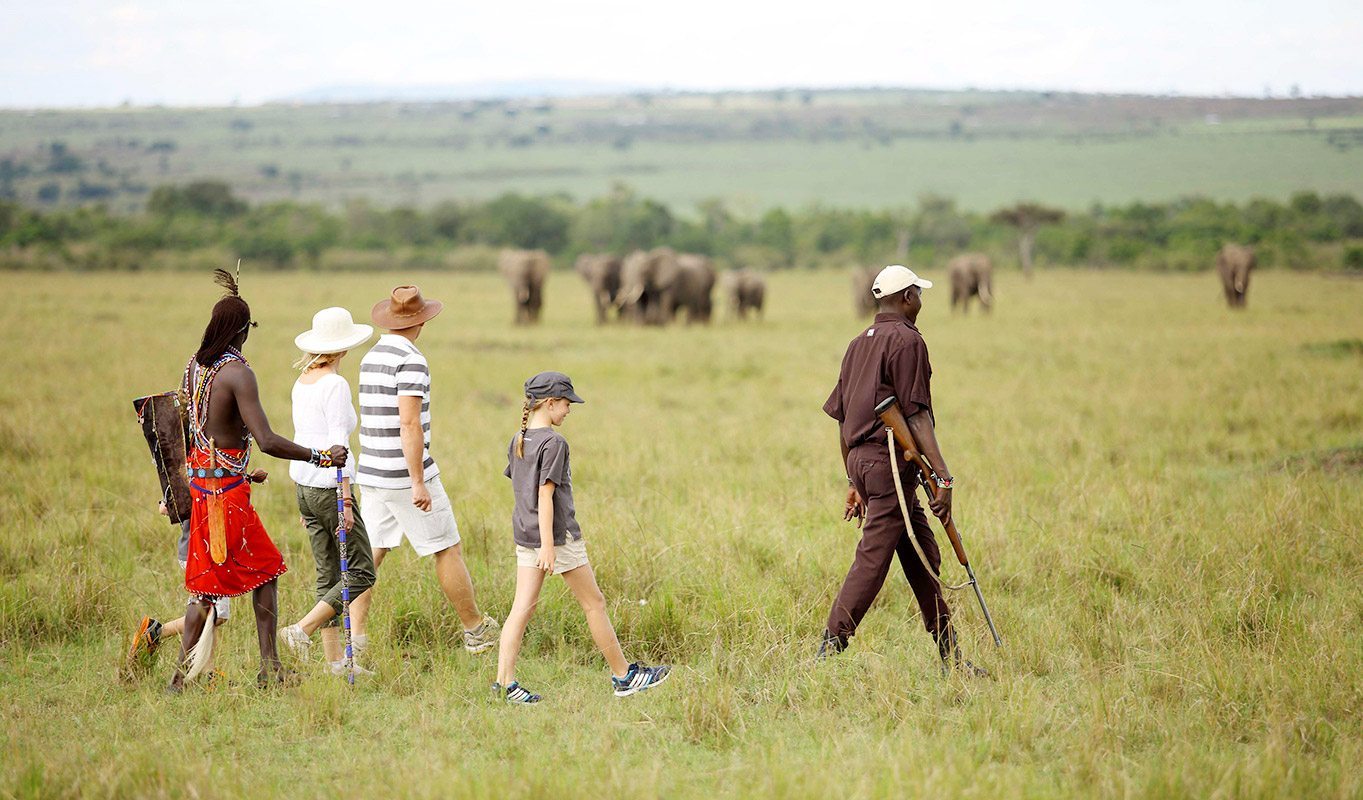Kenya, renowned for its breathtaking landscapes, diverse wildlife, and rich cultural heritage, is a premier safari destination. Safaris offer an unparalleled opportunity to witness the grandeur of nature, from the majestic Big Five to the vast savannas. However, as thrilling as these adventures are, safety remains paramount. Here are essential safety tips to ensure your Kenyan safari is as safe as it is unforgettable.
1. Choose a Reputable Tour Operator
The foundation of a safe safari begins with selecting a reputable tour operator. Look for operators with strong reviews, proper licensing, and affiliations with recognized tourism bodies. Experienced guides are crucial, as their knowledge and expertise significantly enhance both your safety and overall safari experience.
2. Follow the Guide’s Instructions
Your safari guide is not only knowledgeable about wildlife and terrain but also trained in safety protocols. Always adhere to their instructions, whether it’s about staying in the vehicle, maintaining silence, or keeping a safe distance from animals. Guides are familiar with animal behavior and can anticipate potential dangers, ensuring you avoid risky situations.
3. Stay Inside the Vehicle
Wild animals in Kenya’s national parks and reserves are accustomed to safari vehicles and generally do not perceive them as threats. However, stepping out of the vehicle can alter this perception and provoke an unpredictable response. Always remain inside the vehicle unless your guide explicitly says it is safe to disembark.
4. Keep a Safe Distance from Wildlife
While it may be tempting to get close to animals for a perfect photograph, maintaining a safe distance is crucial. Wild animals are unpredictable, and sudden movements or loud noises can startle them. Use binoculars or a camera with a zoom lens to enjoy close-up views without compromising safety.
5. Avoid Nighttime Safaris
Nighttime brings an added layer of risk, as visibility is reduced and nocturnal predators become active. Unless you are with an experienced guide who offers night safaris, it is best to avoid venturing out after dark. Many reserves have strict rules against nighttime driving for this reason.
6. Wear Appropriate Clothing
Dress appropriately for the safari environment. Neutral-colored clothing helps blend in with the surroundings, minimizing disturbances to wildlife. Long sleeves and trousers protect against sunburn and insect bites. Also, bring a wide-brimmed hat, sunglasses, and sunscreen to protect against the sun.
7. Stay Hydrated and Nourished
Kenya’s climate can be harsh, with high temperatures and dry conditions. Carry sufficient water to stay hydrated, and pack light snacks to maintain energy levels throughout the day. Dehydration and hunger can impair your judgment and reaction times, impacting your safety.
8. Be Prepared for Emergencies
Ensure that your tour operator has a comprehensive emergency plan. Familiarize yourself with the location of the nearest medical facilities and understand the communication protocols in case of an emergency. Carry a basic first-aid kit, including any personal medications, and inform your guide of any medical conditions.
9. Respect Local Laws and Customs
Understanding and respecting local laws and customs is part of being a responsible traveler. This includes adhering to park regulations, such as designated paths and speed limits, which are in place to protect both visitors and wildlife. Additionally, being courteous to local communities enhances your travel experience and supports sustainable tourism.
10. Avoid Feeding the Animals
Feeding wildlife can have detrimental effects, leading to dependency on human-provided food and altering natural behaviors. It can also be dangerous, as animals accustomed to being fed may become aggressive. Always let animals forage naturally to maintain the ecosystem’s balance.
Conclusion
A safari in Kenya is an extraordinary adventure, offering a glimpse into the raw beauty of nature. By following these safety tips, you can ensure that your experience is not only memorable but also safe. Respect for wildlife, adherence to guidelines, and preparedness are the keys to a successful safari. Remember, the goal is to witness and appreciate the wonders of the wild while minimizing any risks to yourself and the environment.
